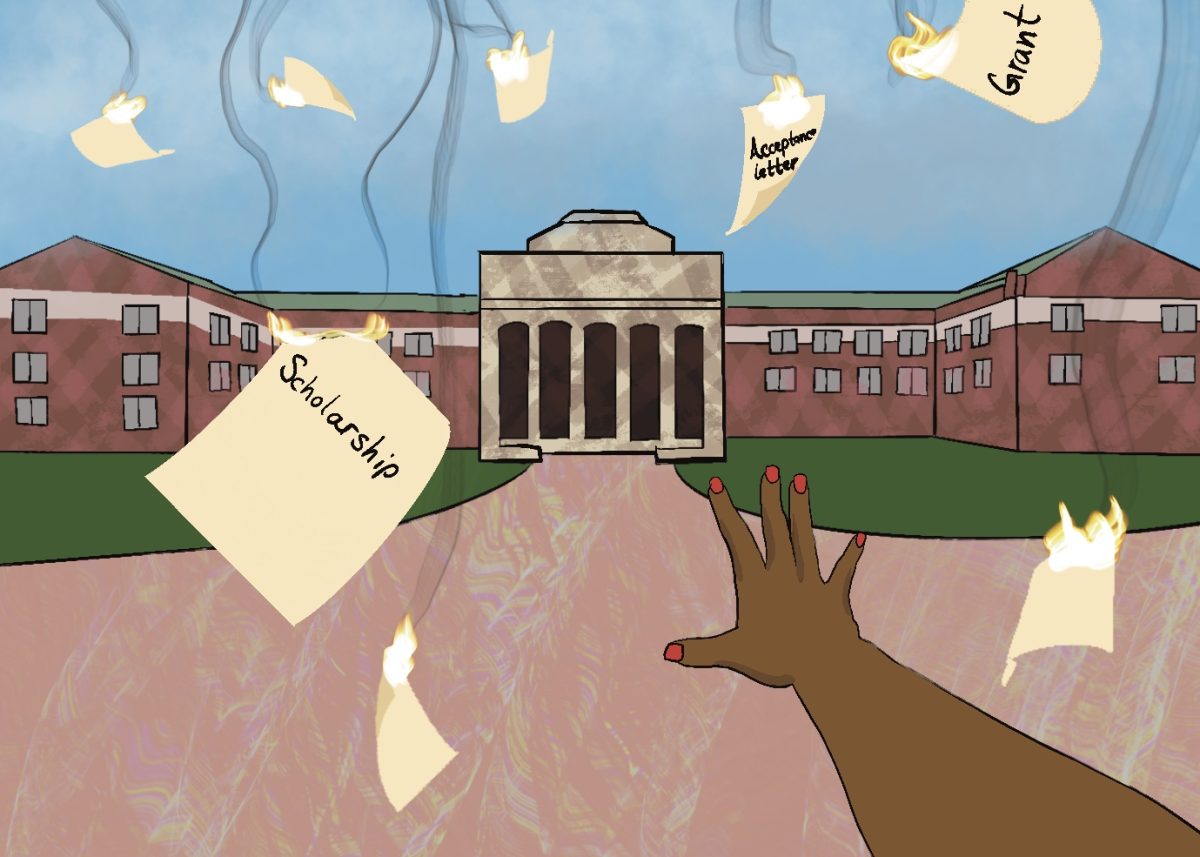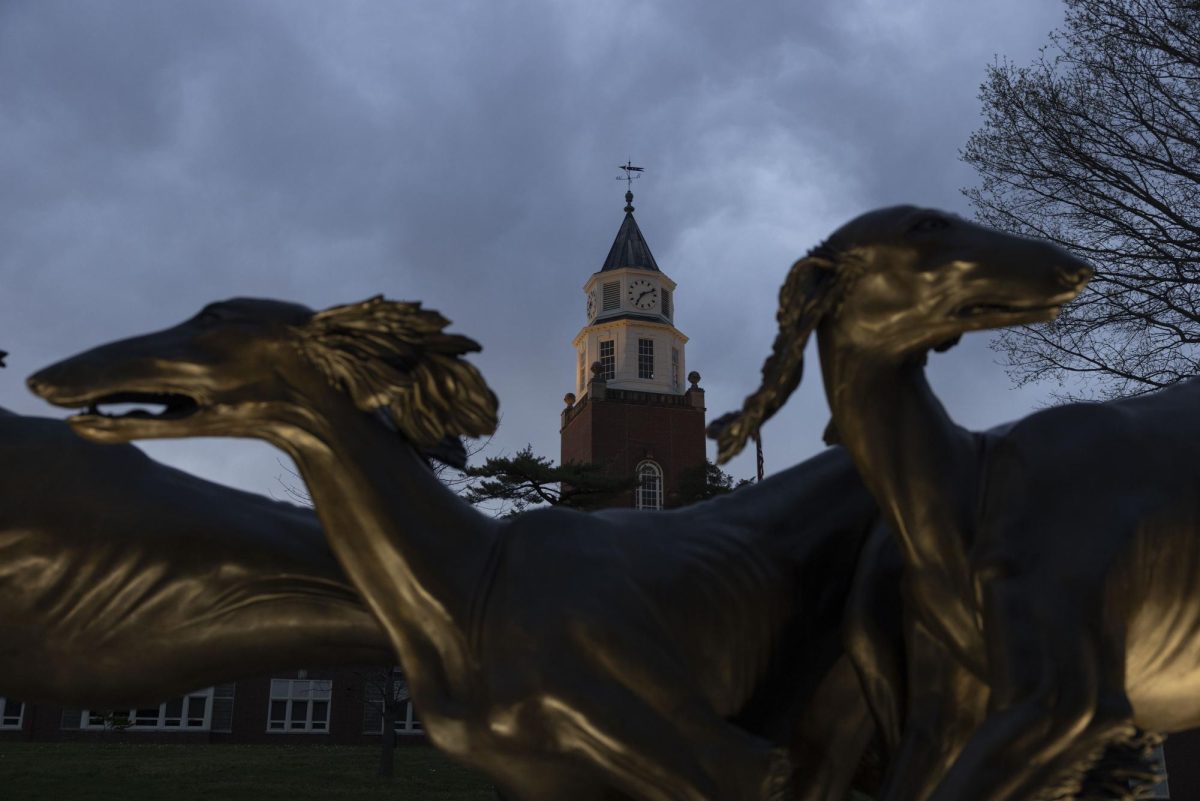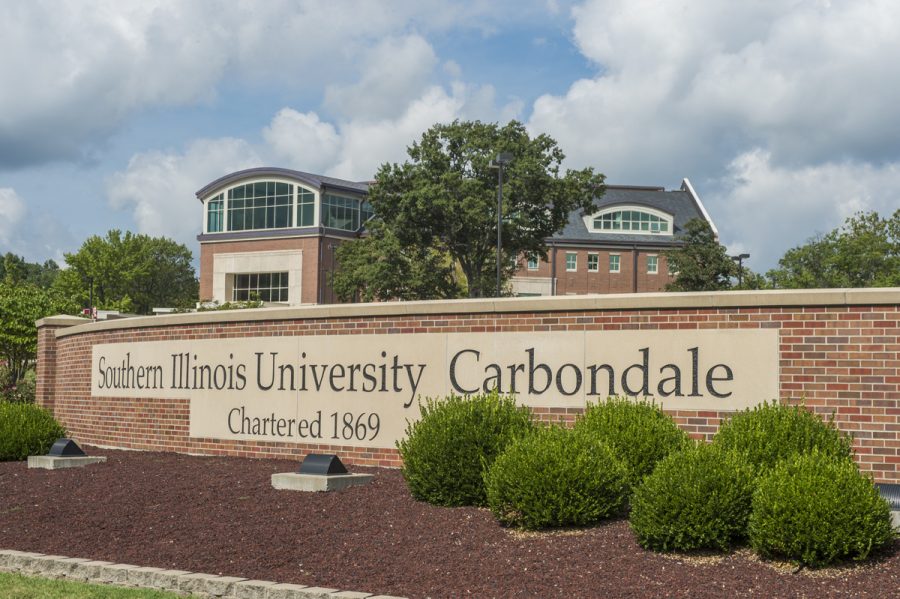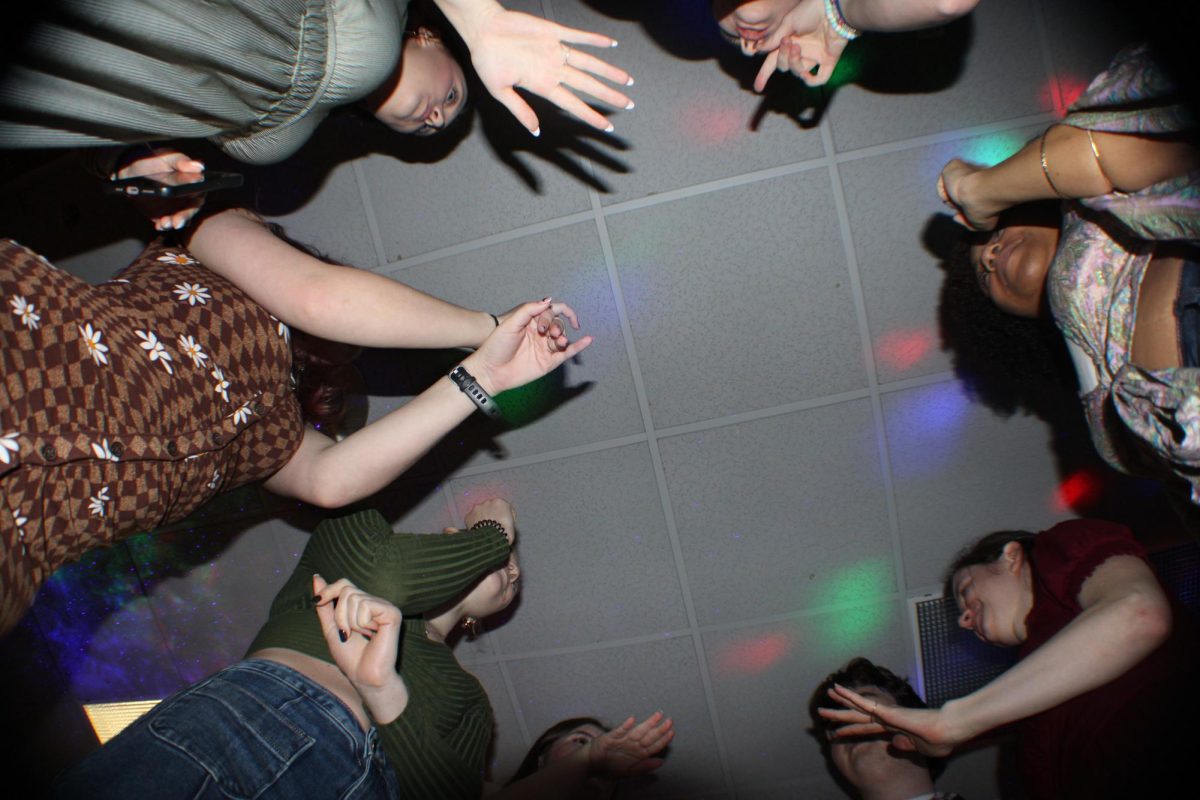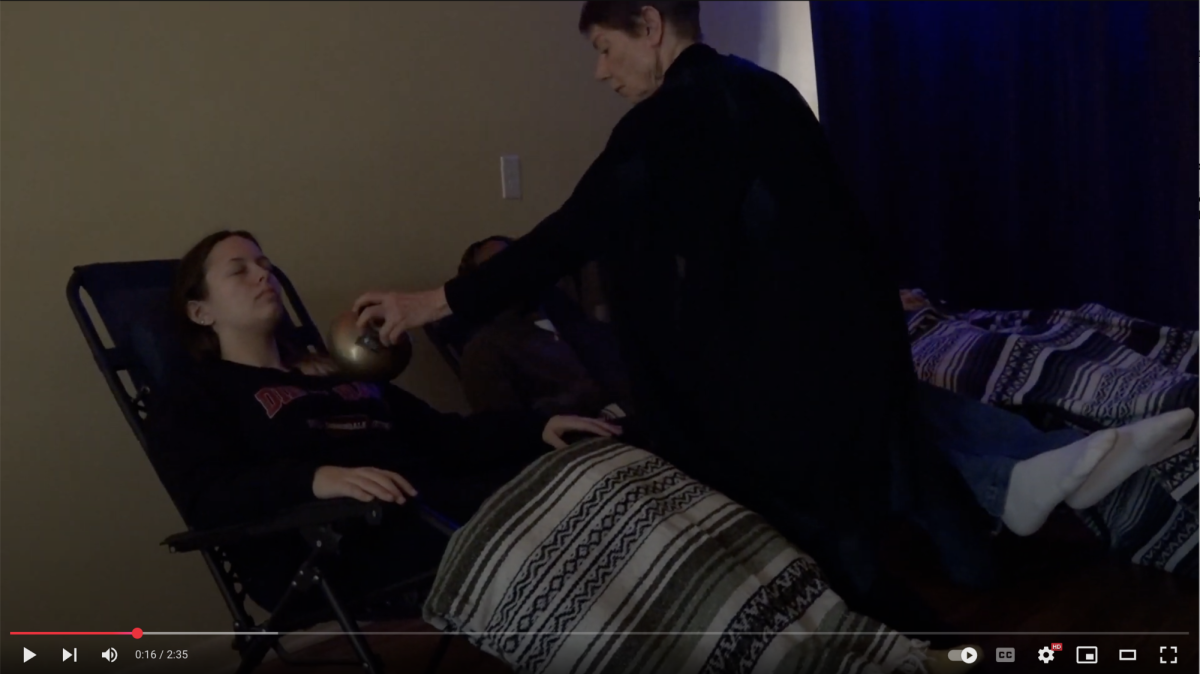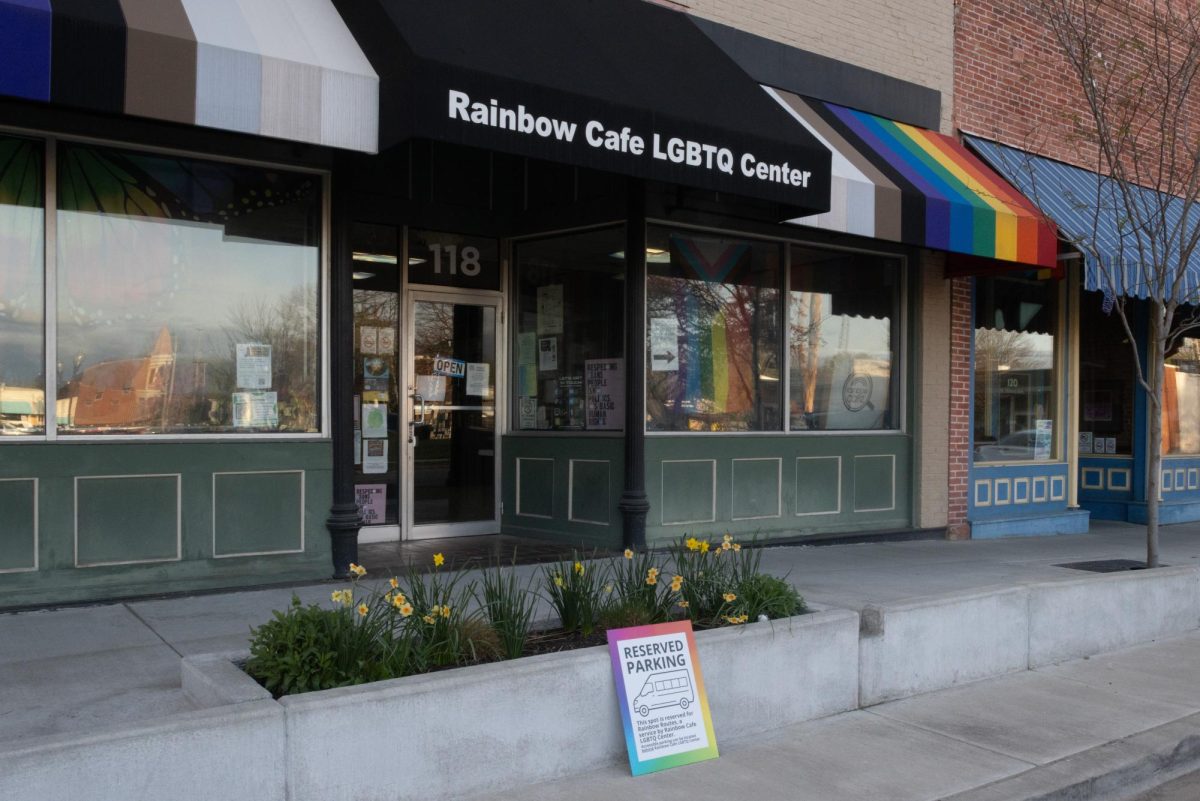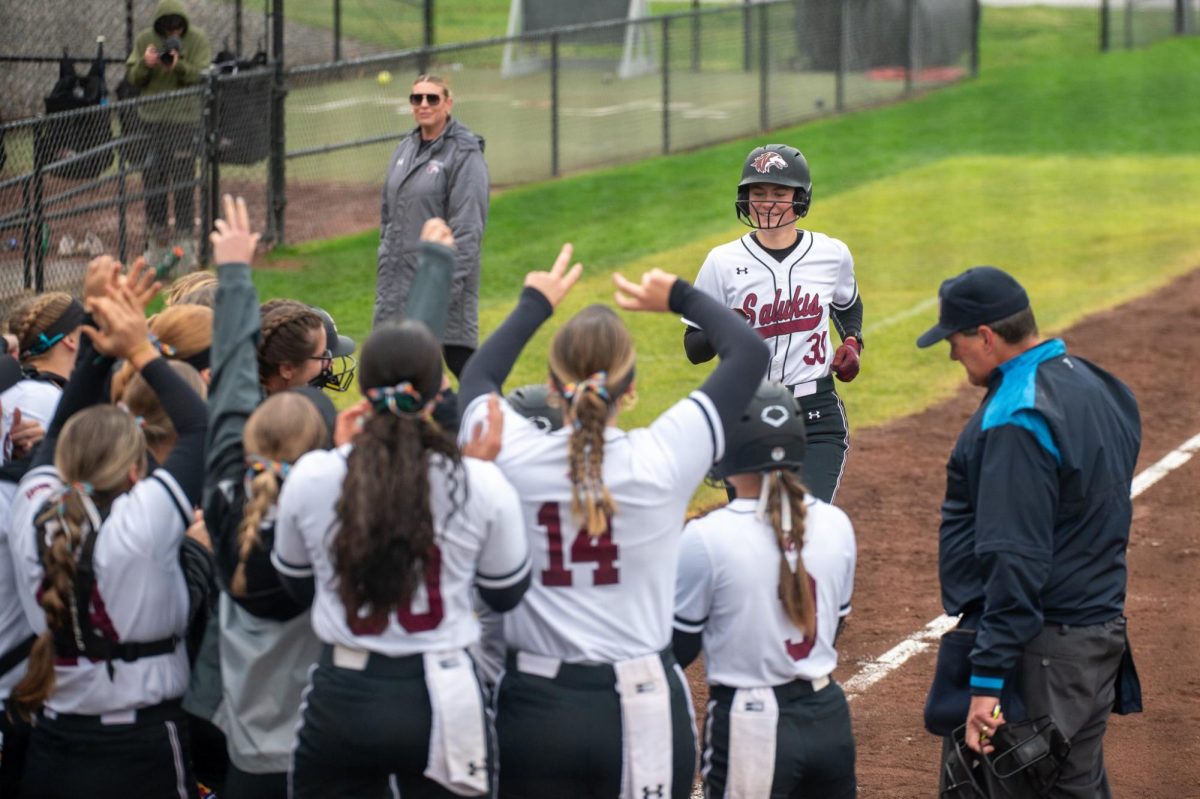Most universities believe that having a diverse student body helps students learn. The recent roll back on affirmative action requires university admission departments to look past what makes students diverse and focus on academics.
“The Supreme Court [historically] said that as long as an affirmative action plan is narrowly tailored to meet that diversity objective, which is in legal parlance, called a compelling interest, as long as a narrowly tailored program meets a compelling interest it’s constitutional. Now there is a new set of justices that disagreed with that precedent,” said SIU journalism professor William Freivogel.
At the University of California Davis, the medical school had certain spots to be filled by students that would qualify as diverse. Similarly, Harvard gave students points in admissions based on race, gender or other characteristics that could diversify the student population.
Advertisement
“The Supreme Court [recently] said that it was a quota. The quota was not narrowly tailored to achieve diversity and they were unconstitutional and illegal,” Freivogel said.
In 2023, the Supreme Court disallowed affirmative action, requiring college admissions to retire the former precedent and begin not accepting students based on the opportunity to diversify. There have been conservative groups that have been challenging corporate diversity, equity and inclusion programs as well.
“It was Title Seven of the Civil Rights Act, which makes it illegal to discriminate against race. So now a lot of the open questions are, what if you have a private corporate employer? To what extent can they still be pushing to have their workforces have diversity, equity, and inclusion,” Freivogel said.
In California, voters passed an initiative over a decade ago to get rid of affirmative action in college admissions. This initiative led to a big decline in the number of black students at a number of universities.
“If you look at the history of the impact of decisions like this, on the ending of affirmative action, the decline in diversity, equity and inclusion, it has, in the past, had a pretty big impact,” Freivogel said.
Shortly after Supreme Court rolled back the measure, SIU Communications put out a statement informing students, staff and the community saying it wouldn’t have a direct impact on the university.
“At Southern Illinois University Carbondale, we use many factors in our decisions to admit students, but race is not one of them. However, we understand many of our students come from families that don’t have every advantage. To ensure a fair process and a diverse student body, we rely on grade point averages – the most dependable predictor of student success – in our evaluations, and we are test optional for admissions and most scholarships. When students arrive on campus, we have several initiatives in place to support them, including the Summer Bridge Program, Dr. Seymour Bryson Future Scholars program and First Saluki Center. Despite the Supreme Court’s decision, SIU Carbondale remains committed to antiracism, diversity, equity and inclusion.”
Advertisement*
SIU admissions said this new action will not affect diversity in our student enrollment because they do not base their admissions on race, gender, or other factors. The department focuses on GPA, coursework, extracurriculars and looks into stories from students who have overcome obstacles.
“When we’re looking at admitting students, we’re really looking at GPA for students and the coursework that they did, at least when we’re looking at high school students, and then with transfers, again, the 2.0 GPA, but I think sometimes even stories can help if a student is maybe kind of on the borderline, they’ve gotten really good grades, and so we want to make sure that we’re reviewing all the students that apply, and so those kind of pieces can help,” said Sarah Jiter, Interim Director of Undergraduate Admissions.
In the process of the affirmative action decision, the admissions department stayed up to date so it could comply with the new rules. For the spring semester, Black/African American students at SIU increased by 5.4%.
“For us, I mean we followed that whole decision and had a lot of meetings beforehand to figure out what way was everything going to unfold. I think for Southern Illinois, one of the things that I found a lot of hope in is we’ve never used race or ethnicity at least in my time here to determine admission,” Jiter said.
On campus, many Black registered student organizations provide a community for students that come into SIU looking for a place to belong.
“It’s very important to have a diverse campus and diverse community. I think it just really raises everyone up. It’s important for us to have black RSO’s, they are successful and I think they’re very important to this campus. We also have a great black alumni group that meets every year on campus and it’s a wonderful occasion,” said Jeff Harmon, chief communications and marketing officer.
On campus, the student body is supported and helped by the Black Affairs Council registered student organization. B.A.C. serves as a leading force for all Black RSOs to support all their needs such as financial or social.
“On this campus, running B.A.C., a lot of students will feel as if they’re not wanted to be here, a little sense of non belonging. They would feel a sense of unreadiness to actually do the school work and actually want to be here and do their work. So with diversity on and around campus and shedding light in different cultures, it’s very much needed because you just want that person that you can look up to as well,” said Sara-Alli Brown, Black Affairs Council Coordinator of administrative affairs.
The organization holds multiple events a year for students to meet staff, students and leaders to welcome them to the campus community and show them that there are people to support them.
“We do all types of events for students to go to. It’s super fun and it gets students accustomed to campus and just feeling at home,” said Brown.
The organization believes it’s important for SIU to have a diverse student body. They strive to support and create a home for students who feel out of place.
“I believe that it’s important for you to have a diverse student body because we live in a diverse world. Being able to see somebody that looks just like you and doing the same things that you do gives people a sense of purpose,” Brown said.
Advertisement



